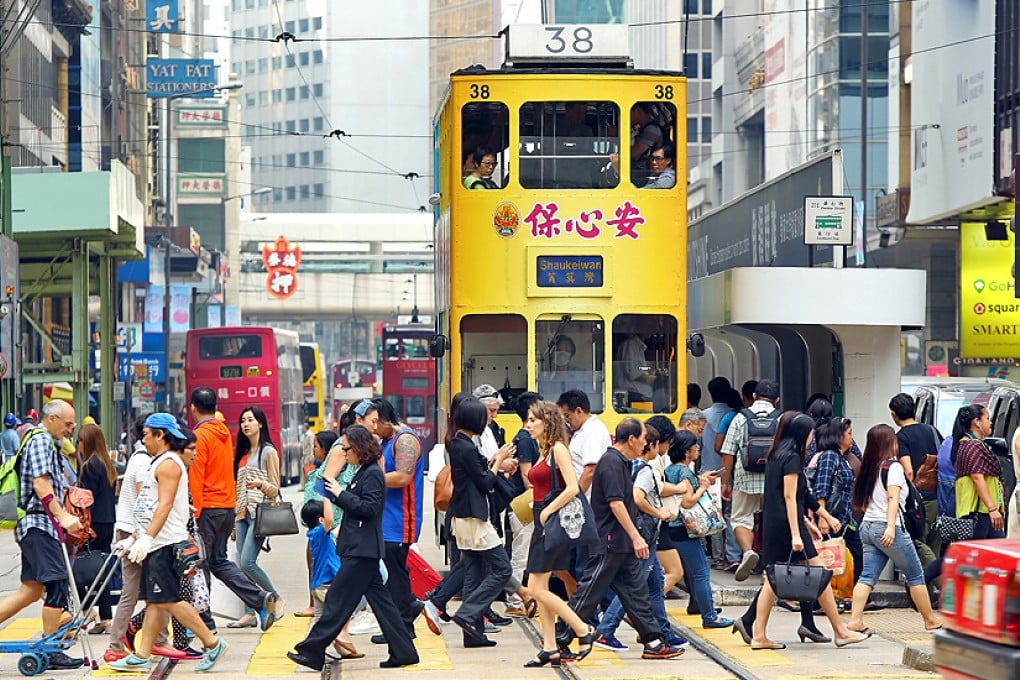Off Centre | Hong Kong may be a little insecure, but it's no 'slave'

READ MORE: White worship in Hong Kong: you can't end it if you refuse to acknowledge it even exists
I don't much care to weigh in on the subject of Hong Kong remaining a place where non-Asians are able to prosper – if that's a problem, then it's not, surely, one of Hong Kong's most pressing. Whether it's colonialism to blame, or something else, though, I don't think Yonden was necessarily off the mark in identifying a certain pedestal-isation, if you will. Not of white people per se, but rather of aspects of western culture. Which ones? Well, this is where I think the dynamic gets more interesting than any gripes about recruitment in a global city.
Yonden, I note, is “no fan” of Britain. He does not make it clear which countries he is a fan of. No doubt, though, it will come as a great relief to his countless British readers that Britain's policies on equal opportunities win his seal of approval. And one supposes that such policies must extend as widely as possible – applying especially, perhaps, to Chinese billionaires. After all, they have long found their efforts to play golf in mainland China complicated by the fact that golf courses there are technically illegal. (Why, only last month, Xinhua included playing golf on a long list of violations, alongside “extravagant eating and drinking”, communications which “support bourgeois liberalisation” and – hell, who knows? – breathing too much in the vicinity Uncle Xi.)
